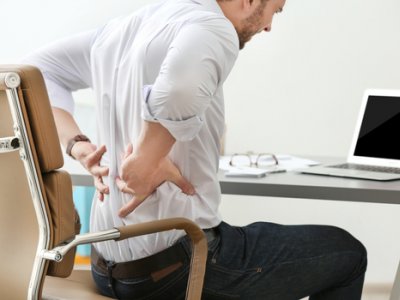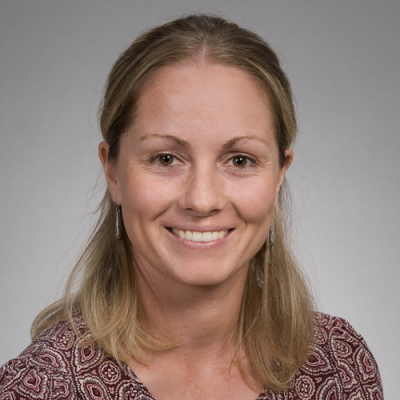
Each year Chronic Pain Australia, the national voice of people living with chronic pain, organises National Pain Week to champion the needs of the many Australians living with some form of chronic pain.
In conjunction with National Pain Week, we asked researchers from UQ's Faculty of Health and Behavioural Sciences how they hope their research will impact people living with chronic pain.
 Emeritus Professor Maree Smith
Emeritus Professor Maree Smith
School of Pharmacy
“Success in the discovery of new analgesics aimed at alleviating chronic pain has the potential to markedly improve the quality of life of people living with chronic pain.”
 Dr Melissa Day
Dr Melissa Day
School of Psychology
"We are working towards identifying ways to more effectively target neurological mechanisms for pain relief. For example, we are already finding that mindfulness meditation trains the brain to respond differently to the experience of pain, and that the practice of mindfulness is associated with changes in brain activity over time. We hope this research will lead to optimised, streamlined interventions for people living with chronic pain.”
 Dr Andrew Claus
Dr Andrew Claus
School of Health & Rehabilitation Sciences
“For generations pain has been attributed to injury and disease. A key objective in pain education is to include patient experiences, beliefs, expectations, social context, immune and endochrine systems, when assessing and helping a patient to make decisions about pain management. This shift in understanding about pain and associated disability needs to be shared with patients, health professionals, governments and insurance bodies.”
 Dr Michelle Smith
Dr Michelle Smith
School of Health & Rehabilitation Sciences
“We are trying to determine why some people get back pain when standing at work and others do not. To decrease the risk of development of musculoskeletal pain during standing, we are trying to develop recommendations for the use of sit-stand workstations.”
 Dr Nicole Andrews
Dr Nicole Andrews
RECOVER Injury Research Centre
“We hope that PAIN ROADMAP combined with an assessable online intervention will support recovery and return to work rates for individuals who develop chronic pain following trauma across Australia.”
 Professor Michele Sterling
Professor Michele Sterling
RECOVER Injury Research Centre
“We aim to improve the early management of people with acute pain and injury via risk screening and the provision of matched treatments with the aim of preventing the development of chronic pain and disability. In order to improve treatment, we need to fully understand the physiological and psychological processes underlying pain. This will help us design and test new treatments.”



